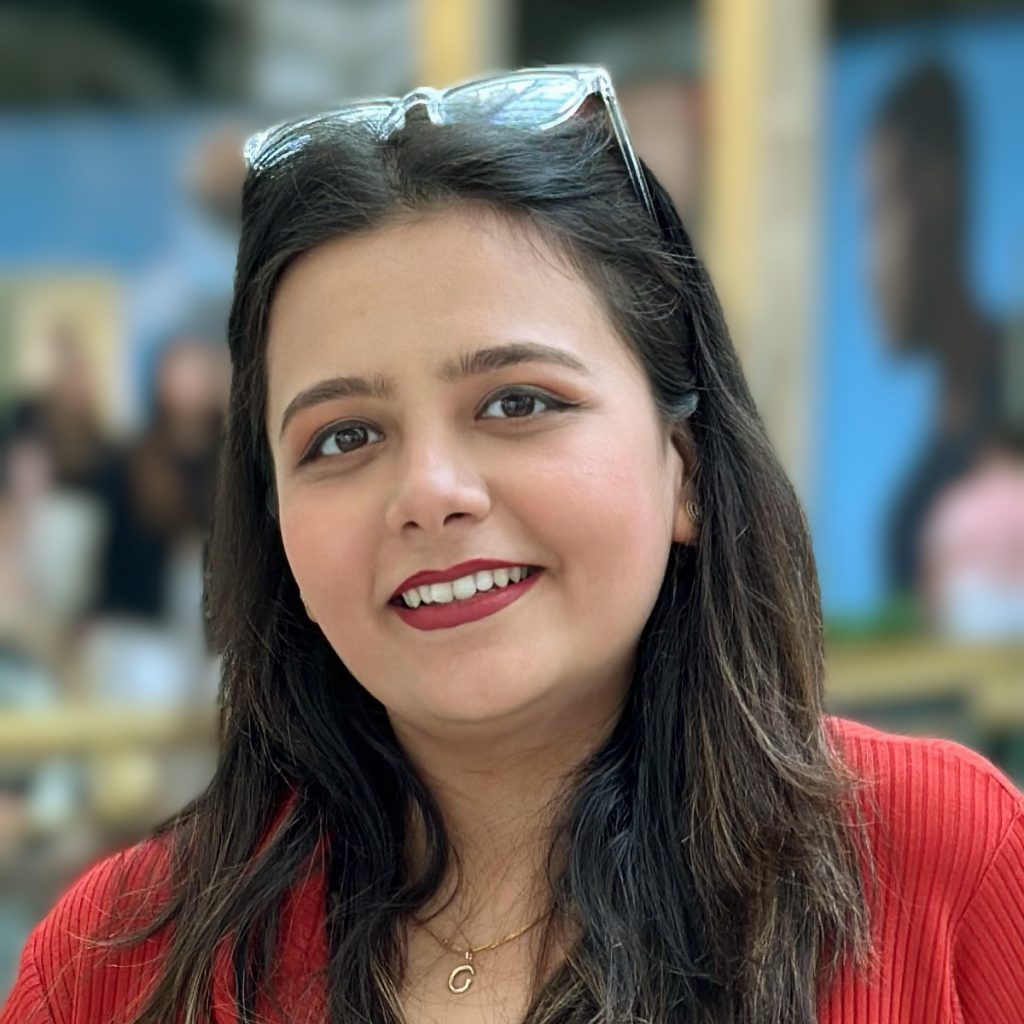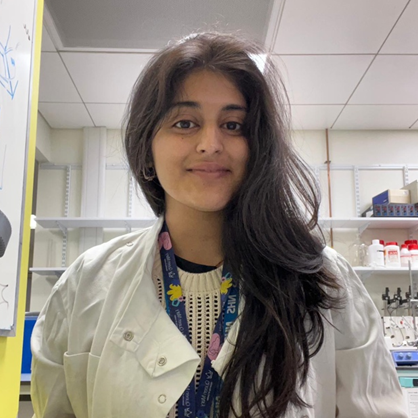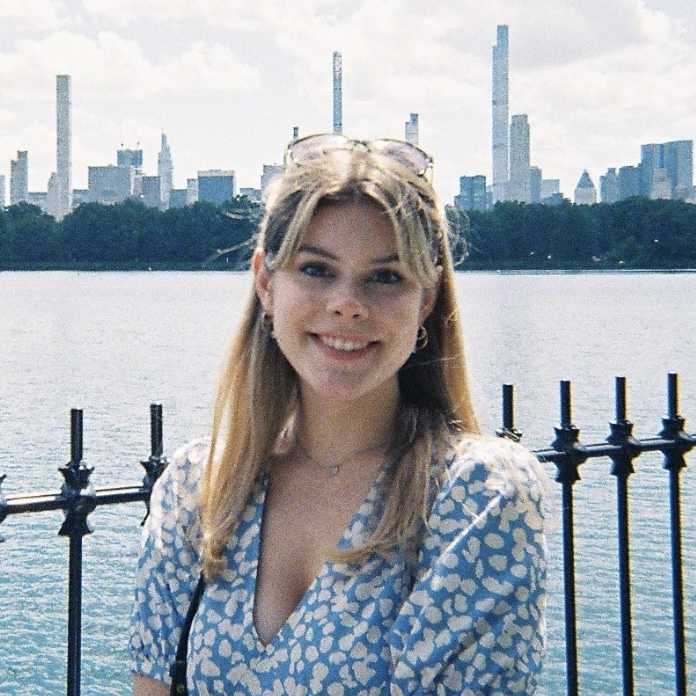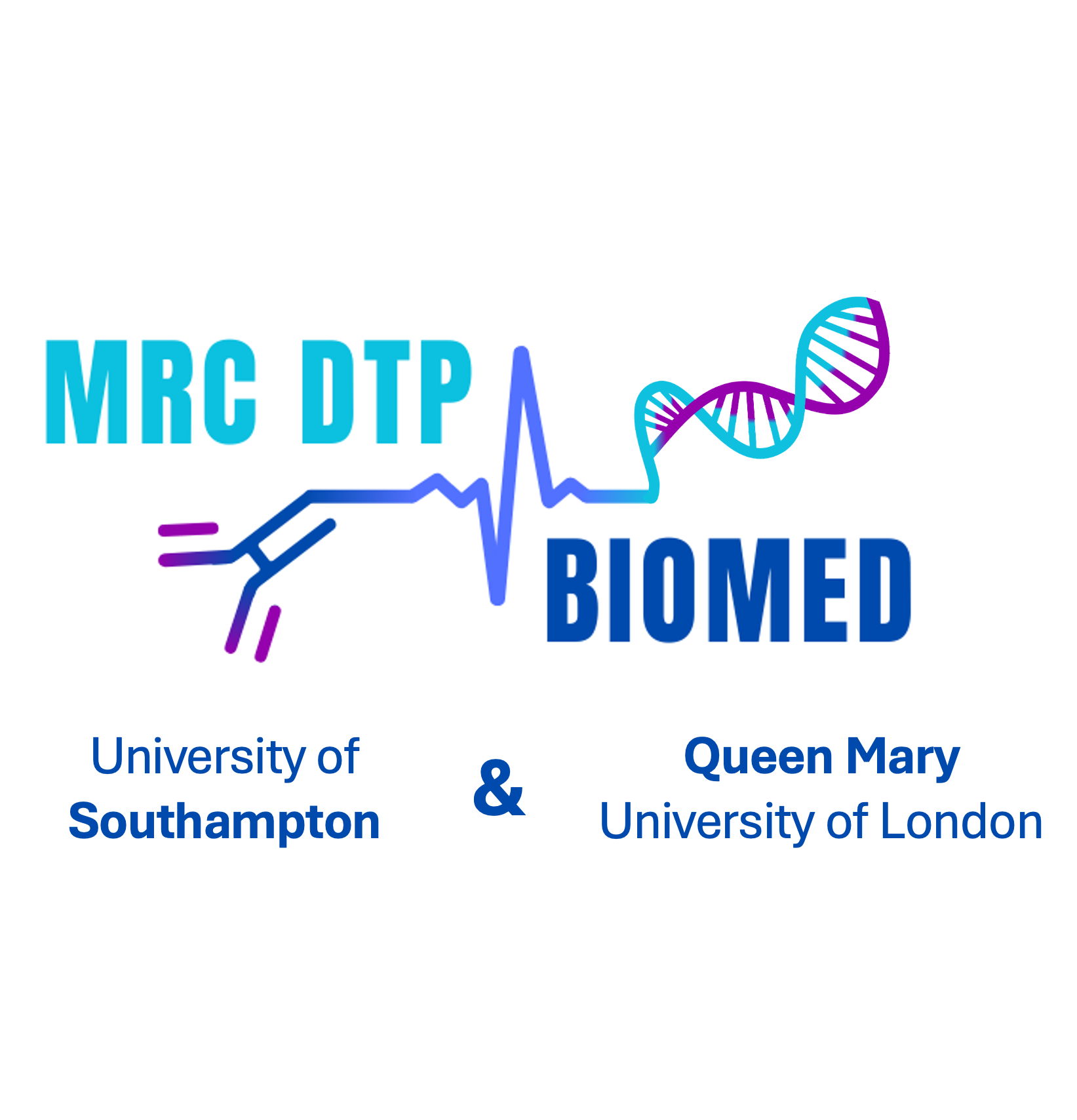
Garima Ahuja (Southampton)
Cancer Immunology
What is your PhD project? My PhD focuses on understanding how hypoxia and metabolic changes influence immune cell function, with a particular emphasis on macrophages and T cells. Hypoxia, or low oxygen availability, is a common feature of the tumour microenvironment and contributes to immune suppression, making cancers more resistant to therapy. By studying how hypoxia alters immune cell behaviour, I aim to identify strategies to overcome these barriers and restore effective anti-tumour immunity. A central part of my research is exploring how targeting hypoxia-regulated pathways can enhance antibody-based cancer immunotherapy. Antibody therapies have become a powerful tool in oncology, but their success often depends on the ability of immune cells to recognise and eliminate tumour cells. If hypoxia dampens this response, then reversing its effects could significantly improve patient outcomes. The ultimate goal is to determine how such strategies could enhance the effectiveness of antibody-based cancer immunotherapy.
What skills have you developed so far, and what skills do you hope to develop? So far, I have developed strong technical skills in cell culture, flow cytometry, microscopy and immune cell functional assays. Going forward, I hope to build skills in in vivo experimental models and further develop my ability to translate laboratory findings into clinically relevant insights.
How do you think having a relationship with a company already at this stage of your PhD will help your career development? Collaborating with a company at this stage helps me understand how research can be translated into practical applications. It provides exposure to industry priorities, opens alternative career pathways, and ensures my project remains aligned with translational and therapeutic goals.
What have you enjoyed most about your experience so far? What have you found challenging?
I have most enjoyed being part of a supportive lab group and working with a supervisor who provides guidance and encouragement, which has made the workplace a positive environment to learn and grow in. The most challenging aspect has been dealing with few unexpected results, but this has also taught me adaptability and resilience in my research.

Kiran Devi Dontamsetti (QMUL)
Blizard Institute
What is your PhD project? My PhD project with Dr Madusha Peiris, Dr Rubina Aktar and Professor Charles Knowles investigates the molecular machinery that underlies communication between dietary nutrients, receptor binding and the subsequent activation of cells to release anorexigenic hormones. The collective outcome leading to greater understanding of peripheral mechanisms regulating food intake, specifically how food itself is the driver. One of the main limitations in research is translation, however, my PhD primarily uses human tissue.
What skills have you developed so far, and what skills do you hope to develop? Since starting my PhD, I have learnt how to handle human surgically resected tissue and mouse tissue. I use these tissues for immunohistochemistry. Beyond this, I have used Ussing chambers to recapitulate human physiology for human ex vivo tissue. As the PhD progresses, I hope to learn calcium imaging, manometry and electrophysiology. Right now, we are looking into developing organoids from human colonic crypts, which is exciting!
How do you think having a relationship with a company already at this stage of your PhD will help your career development? Working with Enterika is a great opportunity to learn more about the commercialisation of science as science moves beyond the bench. Specifically, working with a start-up allows you to see the work and commitment it takes from the founder to market your business, succeed in funding rounds and ultimately grow. Whilst I haven’t been here long, the company has already made great strides as a start-up, and I am excited about the exposure and learnings as a student gaining commercial awareness with Enterika. This PhD is perfect for me to delve both into my scientific niche whilst gaining as many skills as possible with all science has to offer!
What have you enjoyed most about your experience so far? What have you found challenging? So far, I have enjoyed working with the team and my supervisors who have really pushed my skill set. Before I started, I had never worked with human tissue or done immunohistochemistry. It is quite to fun remember my earlier results compare to now, as you can see the difference in results quality. One of the biggest challenges I have faced so far was writing a first author review which was a steep learning curve. However, the expertise and support from my supervisors played a major role in getting published. I continue to look forward to growing as a scientist during this unique PhD!

Poppy Bradley (QMUL)
Cancer Inflammation and Immunology
What is your PhD project? I am undertaking my iCASE PhD in Prof Richard Grose’s lab at the BCI. My research aims to understand the impact of cannabinoid 2 receptor modulation in HER2+ breast cancer. The HER2+ subtype accounts for around 20% of breast cancers. Whilst there are many therapies that specifically target HER2 receptor overexpression, resistance to treatments are common. This presents a basis to target different signalling systems that are hijacked by cancer. Cannabinoid receptors are found throughout the body and previous studies have identified that CB2 receptors are specifically overexpressed on HER2+ breast cancer cells. The two receptors come together to form heteromers and these have been linked to increased mortality and metastatic disease. My project aims to characterise the impacts of these heteromers, how they are able to rewire the cell signalling and what consequence this might have on resistance to current treatments. Interestingly cannabinoid receptors are able to bind to synthetic cannabinoids (chemicals similar to those that are found in the cannabis plant), so these might present a whole new group of drugs that could be used to treat HER2+ breast cancers.
What skills have you developed so far, and what skills do you hope to develop? I have learned a number of new lab skills as part of my PhD, especially using 3D cell cultures such as spheroids. My project has a wide scope, so I am using a variety of different cell and molecular biology techniques. Most recently I’ve been doing tissue culture, Western blotting, RT-qPCR and cell viability assays. Later on in my PhD, I’m looking to develop my skillset in the cancer metabolism field. There is a lot of expertise in studying metabolism at the BCI so I’m looking forward to tapping into this. In terms of other skills, I’ve started to understand what is involved with leading and designing a project.
How do you think having a relationship with a company already at this stage of your PhD will help your career development? My iCASE studentship is in partnership with Roche. Being actively involved in the development and organisation of my project has given me exposure to the way science is done in different settings and has given me an idea of the translational potential of the work. It has meant I have been able to shape a project in a way that benefits both sides of the collaboration. It has also allowed me to prepare for my placement where I will be moving abroad. I know this will be an invaluable experience, not only working in a pharmaceutical company but in a different country.
What have you enjoyed most about your experience so far? What have you found challenging? I have thoroughly enjoyed having the flexibility to direct my project to what I am interested in. I don’t think there is any other scientific job that gives this level of intellectual freedom! Having this independence has helped me become more confident in my abilities as a scientist. One of the biggest challenges is that no day is the same doing a PhD. Plans for experiments or hypotheses can change fairly quickly. However, I have come to enjoy this challenge and it certainly keeps my work interesting. It reminds you that you are working on things that have never been looked at before – that is really exciting.

Rachel Lambert (QMUL)
Cancer Inflammation and Immunology
What is your PhD project? My PhD project with Dr Paulo Ribeiro is aimed at targeting EGFR in Glioblastoma. Glioblastoma is the most frequent primary malignant brain tumour in adults; with only 15 months median overall survival and a 5-year survival rate of less than 5%, there is desperate need for new therapeutics against this cancer. EGFR is key to cell proliferation and survival and is amplified/mutated in 57% of glioblastoma cases. I aim to use the fruit fly, Drosophila melanogaster, to model human glioblastoma by upregulating EGFR. Then, working with my industry partner, Vivan Therapeutics, I will perform Drosophila drug screens to identify therapeutics that have efficacy against EGFR-dependent glioblastomas.
What skills have you developed so far, and what skills do you hope to develop? Working with flies was completely new to me, so I’d say fly husbandry takes a big chunk of the new skills I have developed so far. Presenting my research to my lab group roughly once every two months has helped me brush up on my presentation skills – both public speaking and data presentation! Going forward, I wish to develop further techniques in the lab and also improve on my academic writing.
How do you think having a relationship with a company already at this stage of your PhD will help your career development? I think there’s a lot of misconceptions about careers in academia versus industry, so to learn about both careers early on in my PhD is very beneficial to me. I also think it is advantageous to bridge the gap between academia and industry and be at the forefront of translational research.
What have you enjoyed most about your experience so far? What have you found challenging? What I have enjoyed most so far is definitely meeting all the wonderful people who work in the BCI! Everyone is so friendly and helpful. At the recent BCI Showcase and Postgraduate Research Day, it was fascinating to hear about all the amazing research going on throughout the institute. I’d say the most challenging thing for me is when things happen outside of my control – building resilience is such an important factor and can help turn a bad day into a good one!

